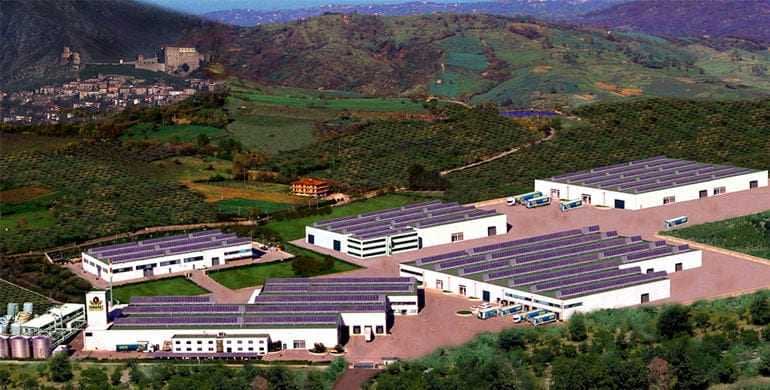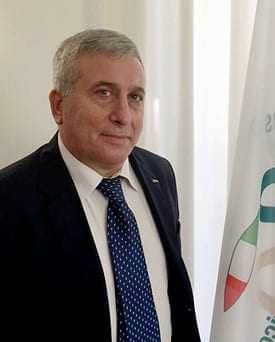
A €15 million investment by the Italian Institute for Agro-industrial Development (ISA), which is controlled by the Italian Ministry of Agriculture, for a 20 percent share in Olio Dante SpA has been criticized by the Italian Association of Olive Growers (CNO), which has called for a “systematic” look into the matter that considers the “entire supply chain and evaluates its impact and benefits to the domestic production of extra virgin olive oil.”
“I wish to express my concern with bitterness and some disappointment. This governmental financial intervention has been done without considering nor involving the Italian growers of olive oil,” CNO president Gennaro Sicolo said.
CNO argued that such investments should be formalized through long-term supply contracts with Italian farmers, who should get fair prices for the raw materials (olives) they can supply.
The debate concerns the so-called “hybrid” form of investment to finance a particular Dante development project in southern Italy, while not being considered direct state support forbidden in the EU. ISA is contributing €15 million to match the investment by the Mataluni Group, the owner of the “Olio Dante” brand.

The public-private partnership will span eight years, with an expected annual return between 4.25 and 8,50 percent. The goals of the project are to increase sales of “100% Italian” olive oil in Italy and abroad, lifting Dante revenues to €100 million, exporting up to 90 percent of the production (mainly to the United States).
The Mataluni Group brand portfolio includes Olita, Topazio, OiO, GiCo. The company also produces private label oils for some major retail chains.
“I would have no objection if a bank had led this financial transaction. But, in the case of ISA-Dante oil, I can not remain indifferent, because the Italian Government is involved through the Ministry of Agriculture,” Sicolo said.
“It would be appropriate to reconsider the matter and maybe to proceed expeditiously towards the approval and funding of a national olive plan,” he concluded.
CNO actually has been asking for a national plan of aid to olive growers including tax reduction, low-interest loans, sponsorship and a national marketing campaign to promote Italian olive oil.
This is not the first time Sicolo and the CNO have objected to a state investment in a private olive oil enterprise. In March, Sicolo opposed contributions by Italy, through the Italian Strategic Fund, toward major investments in Deoleo, the world’s largest olive oil producer.








